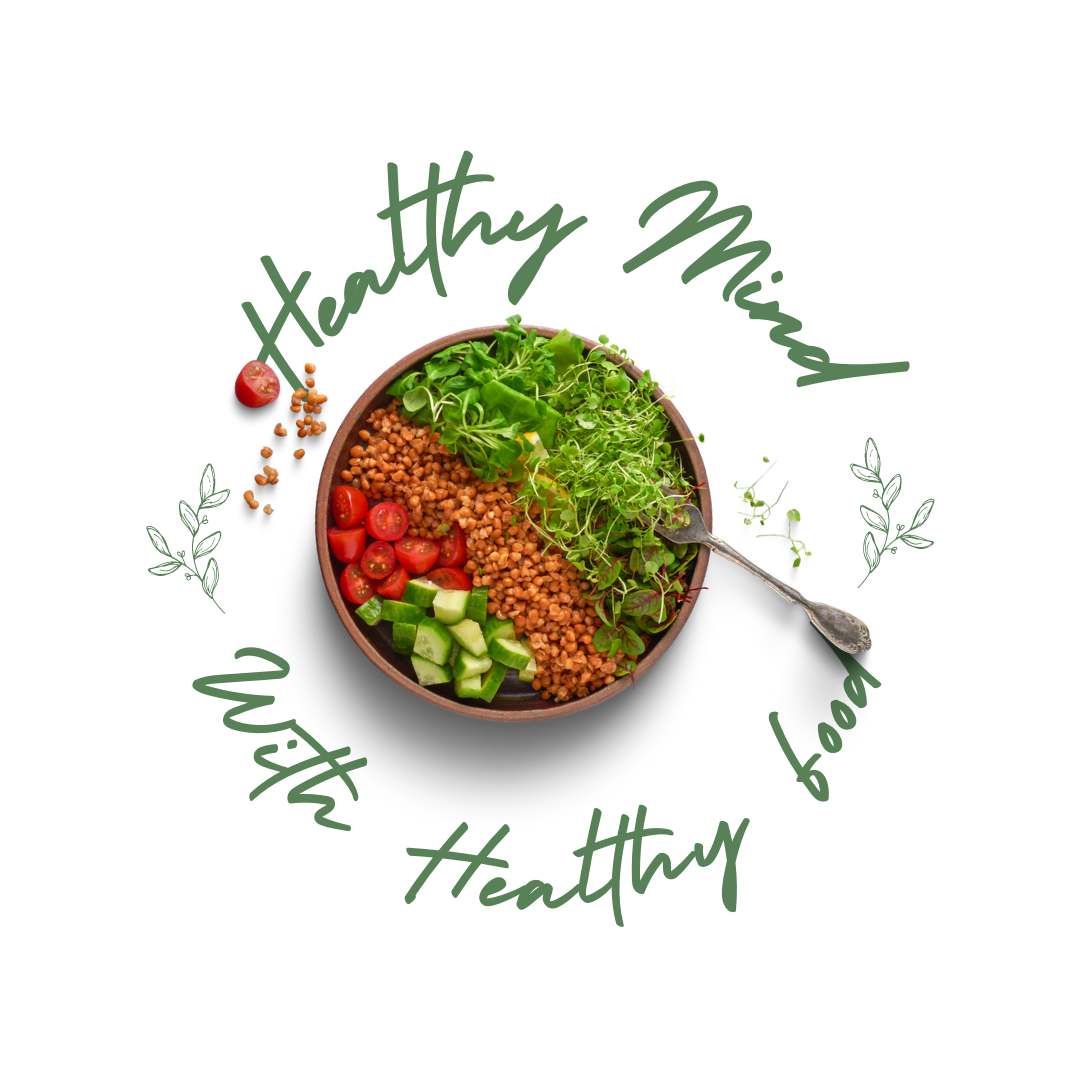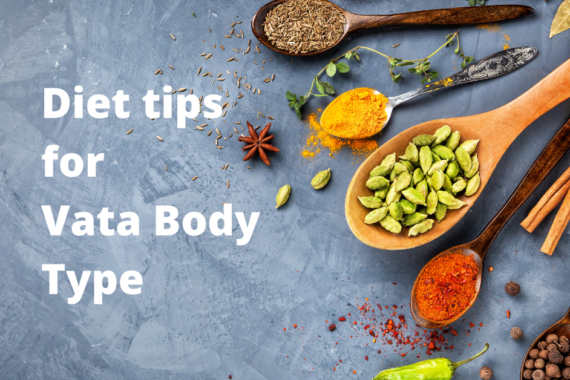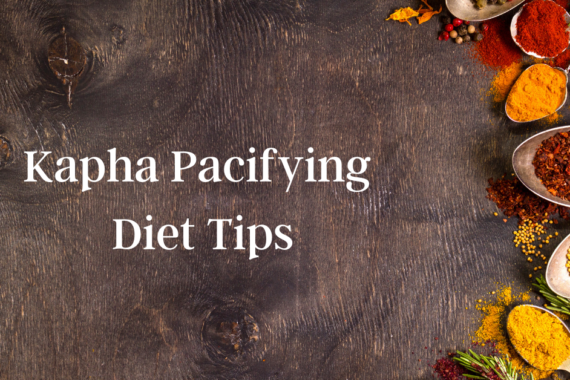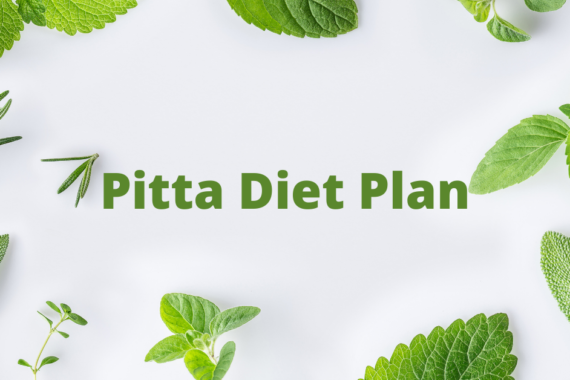
General Principles Regarding Diet
General Guidelines
- Eat-in a quiet and settled atmosphere with t settled mind. Do not work or watch television during meals. Be aware of eating during meals. Always sit to eat.
- Eat to about ¾ of your capacity or until you feel satisfied but light.
- Avoid taking a meal before the previous meal has been digested; allow approximately 3 to 6 hours between meals. Eat at approximately the same time each day.
- Avoid cold foods and drinks
- Include all six tastes in one’s daily diet. (Constitutional factors and particular physiological needs may have to be considered)
- Eat what is wholesome and appealing according to spontaneous desire. Desire is the body’s way of expressing what it needs to achieve balance at a given moment. (Non life-supporting desires may arise due to habitual patterns of imbalance in the physiology)
- Lunch should be the main meal of the day. Breakfast and dinner should be lighter in both quantity and quality.
- Take a few minutes to sit quietly after eating and before returning to your activity.
- Do not eat right before going to bed. If you feel hungry, drink a glass of warm milk.
- Chew well; the digestive process begins in the mouth.
- Avoid large amounts of raw food, such as raw vegetables and uncooked rolled oat flakes. Naturally grown, properly ripened fruits are good.
- A lacto-vegetarian* diet is preferable to maintain health. Changes in dietary habits should be made gradually (respect the principle of Oka-Satmya)
- Avoid processed, packaged food. Favor organically grown food. See the educational section of the website of Maharishi Vedic Organic Agriculture www. mvoai.org)
- Avoid genetically modified food.
Proper Food Preparation
- Food prepared in a pleasant environment by a person who is happy and settled will have the best influence.
- Food should always be delicious and pleasing to the senses.
- Food is best if warm and well-cooked (i.e. not overcooked, undercooked or burned). Cook food more slowly or at a lower heat to cook thoroughly while minimizing nutrient loss.
- Food should always be fresh and of the best possible quality. Avoid leftovers, reheated, frozen and processed food.
General Meal Plan
Breakfast
- Digestion is not as strong early in the morning. Breakfast should be light and according to hunger.
- Meat and eggs are best avoided.
- Favour fresh and stewed fruit juice, cereals, milk and soaked nuts.
Lunch
- Lunch should be the main meal of the day (digestion is strongest at mid-day). The ideal timing of lunch is 12:00-01:00 p.m.
- Lunch should be a warm cooked meal containing all 6 tastes.
- Ideally, take at least half an hour lunch including 5-10 minutes of sitting comfortably after eating.
Supper
- Supper should be started by 06:30 p.m. Eat very lightly if supper is after 7:30 p.m. (e.g. a soupy meal). The later supper is served, the lighter you should eat.
- Avoid heavy foods like cheese, yogurt, meats and oily and fried foods at supper. If eaten at this time, when digestion is slow, improper digestion resulting in Ama formation is likely. If taken, these foods are best consumed at lunch.
Healthy Meal Plan for All Imbalances
Breakfast : Do not skip breakfast
Even if you are not hungry, at least have stewed fruit, for examples apples, raisins, figs, pears; or a baked apple. to start your day. This provides users of Maharishi Ayurveda Herbal Food Supplements Use of Maharishi Ayurveda Herbal Food Supplements
- easily digestible nutrition and helps increase your appetite for lunch.
- If you are hungry, also have toast or flatbread (such as tortilla) with ghee or olive oil, or a bowl of cooked whole-grain cereal.
- If you have a strong appetite and tend to get hungry well before lunchtime, make your cereal with milk or soy milk and add ground nuts for extra protein.
Lunch : Lunch should be your main meal of the day.
- Include 1-2 cups of freshly cooked organic vegetables, cooked whole grains and adequate protein.
- At lunch, you may eat a variety of protein-rich foods. Vegetarian sources would include lentils; chickpeas or other legumes; fresh cheese, nuts/seeds, tofu, edamame, or other soy products.
- Non-vegetarian sources would include meat, poultry fish or seafood.
At lunch, you may also eat curdled foods such as cheese, cottage cheese or yoghurt (which is best taken in the form of lassi).
- Your lunch should consist mainly of cooked foods, though you may have a small salad on the side if you wish.
Afternoon Snack : Have fresh fruit, dried fruits, nuts, unleavened crackers, boiled warm milk or soy milk.
Dinner : Favor light, easy-to-digest foods such as cooked grains, cooked vegetables and soups, including legume soups such as lentils.
- Avoid non-vegetarian foods (i.e. poultry, meat, fish) and cheese at the evening meal.
Bedtime Snack (if hungry) : Try warm milk or soy milk boiled with a pinch of cinnamon, cardamom, or ginger, or hot cereal made with plenty of water.
Tips on Food Selection and Preparation for All Dosha Types
General: Cook your own food as often as you can.
- Select fresh, in-season fruits and vegetables and certified organic foods whenever possible.
- Avoid genetically engineered foods, as nature’s intelligence has been altered in them at a fundamental level.
Vegetables : Cook in a small amount of water after sautéing with spices and a little olive oil or steam and then sautéed spices.
Oils: Use only extra-virgin, cold-pressed, organic oils, since refined oils promote inflammation and are damaging to the body. They often contain trans-fatty acids, pesticides and other toxic residues from the refining process.
Spices: Spice your food at each meal. This helps your digestion and reduces gas, provides antioxidant support, helps balance your doshas and of course, makes your food taste delicious.
- After steaming the vegetables, you may add the recommended oil or ghee sautéed with spices.
- To prepare, heat 1 to 2 teaspoons of oil/ghee over medium-low heat.
- First, add any seeds (like cumin) and fry gently until golden brown.
- Then add any of the recommended powdered spices.
- Pour this mixture over the vegetables, adding fresh herbs such as parsley or cilantro and salt at the very end.
Sugar and Salt : Minimize sugar and salt
Fruit : Soak dried fruits in water until they are soft. Eat sweet, juicy fruits as between-meal snacks.
Grains : Cook your grains with up to 1 teaspoon of ghee or olive oil per serving to balance their inherently drying effect on the body.
Nuts and Seeds : Keep them natural, without added oil or salt.
- Ideally, soak overnight in water and eat them, or cook with the softened nuts for better digestion and more balancing effect.
- Alternatively, bake or toast them until lightly browned.
Legumes: Soak the dried beans, peas or dahi overnight or all day in room-temperature water.
- Pour off the water and use fresh water to cook them in. This makes the beans less gas producing and also saves your cooking time.
Dairy: Milk should be organic and ideally unhomogenized (if you can get it); bring to a boil and drink while still warm or allow to cool to room temperature.
- Add a pinch of cardamom or cinnamon to help digestion and to reduce any tendency for sinus congestion from drinking milk.
- To ensure good digestion of the milk, never drink milk with a full meal or anything that is salty or sour, including most fruits.
- Generally, it is best to drink milk on its own or with sweet dried fruits (raisins, dates, figs), cereals, bread or cooked grains.
- Cheese, yoghurt (best taken as lassi), sour cream and anything curdled (including soy cheese, rice cheese and soy yoghurt) should be eaten at lunchtime only.
- Curdled foods are too heavy to digest properly in the evening or at breakfast.
Non-vegetarian foods: Items should be freshly cooked, warm and not processed or fried. These are best taken at lunch and avoided at dinner.



